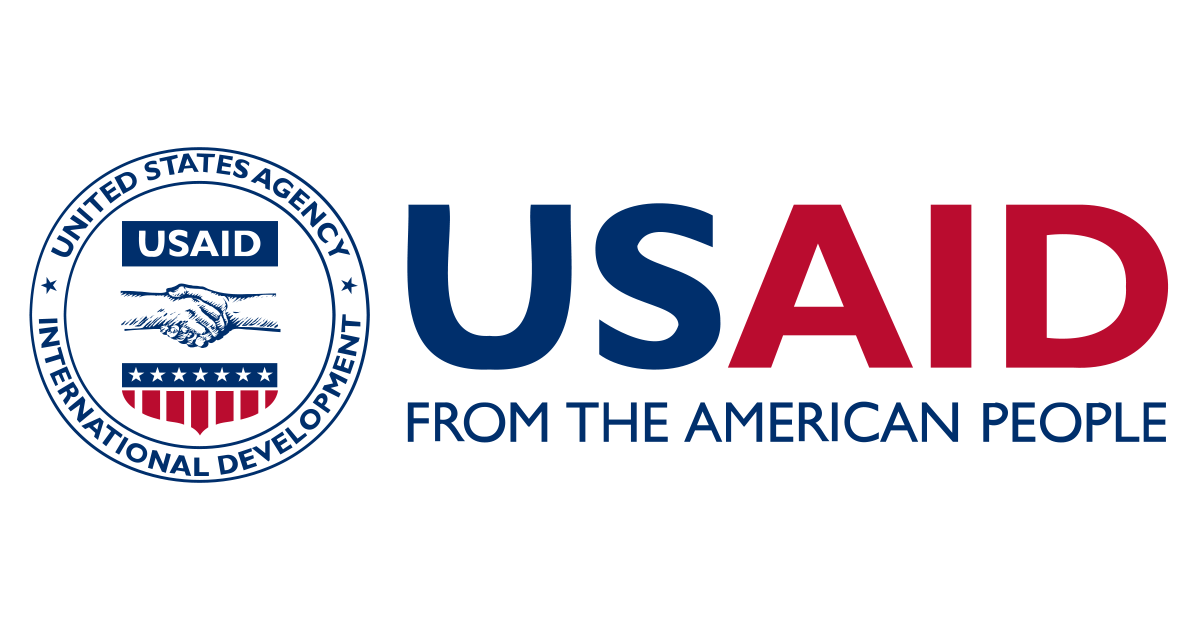In commemoration of World Malaria Day, the United States Agency for International Development (USAID), via the U.S. President’s Malaria Initiative (PMI), has disclosed significant contributions to Nigeria’s fight against malaria in 2023.
A statement released by the U.S Embassy highlighted the delivery of 13.4 million bed nets, six million fast-acting medicines, and 11.8 million Malaria Rapid Diagnostic Tests to clinics and communities across Nigeria.
World Malaria Day, observed annually on April 25th, serves to acknowledge global efforts to combat malaria. Under the theme ‘Accelerating the fight against malaria for a more equitable world,’ the urgency of addressing this life-threatening disease remains paramount, particularly in regions like Nigeria where it is widespread.
Nigeria continues to bear a substantial burden of malaria cases, with the World Health Organisation estimating nearly 67 million cases in 2022, constituting 27 percent of the global malaria burden.
Alarmingly, Nigeria accounted for 31 percent of global deaths and 38 percent of deaths in children under five years old in the same year.
To address this ongoing crisis, the Federal Government of Nigeria is convening a high-level meeting with stakeholders on May 3rd, 2024, to discuss the implementation of the Rethink Malaria Initiative. This initiative aims to redefine strategies in the fight against malaria, reflecting a commitment to innovation and effectiveness.
The USAID’s PMI, a key partner in Nigeria’s malaria control efforts since 2011, has contributed significantly to saving lives and preventing infections.
With an investment of $914 million to date and $73 million in 2023 alone, PMI has been instrumental in delivering essential supplies and training healthcare workers. Over the past year, more than 7,200 health workers in Nigeria were equipped with enhanced skills in malaria detection, treatment, and community care.
Sara Werth, Deputy Mission Director at the U.S. Embassy, commended the collaborative efforts between the Federal Ministry of Health and the United States government in bolstering malaria services.
Emphasising the importance of data-driven approaches, Werth urged the Nigerian government to invest in more efficient and effective malaria programming to achieve faster results.
“As we reflect on the challenges and triumphs in our collective battle against malaria, let us reaffirm our commitment to a future where no family in Nigeria fears the threat of this disease,” stated Werth, echoing a sentiment shared by many dedicated to eradicating malaria in Nigeria and beyond.



